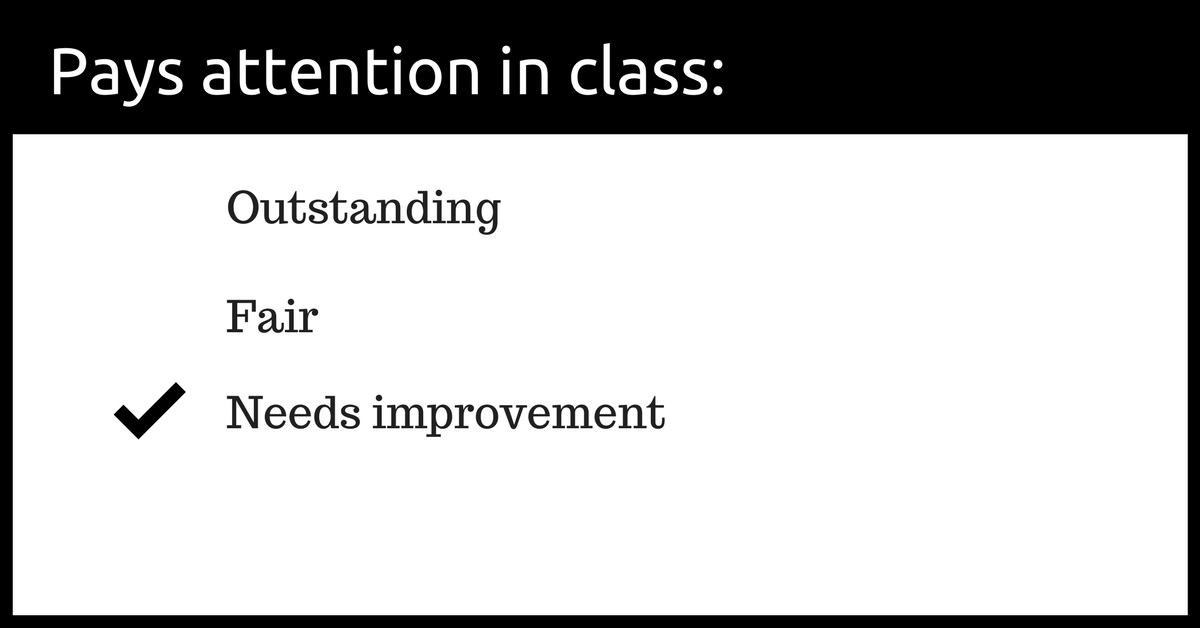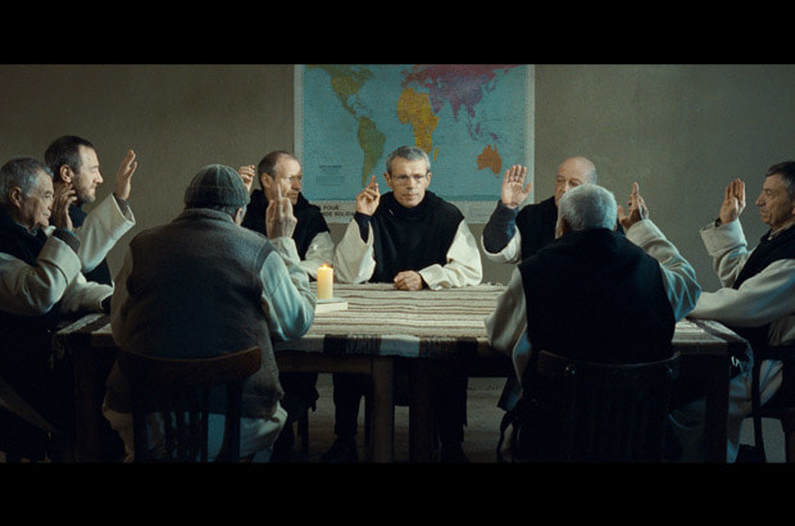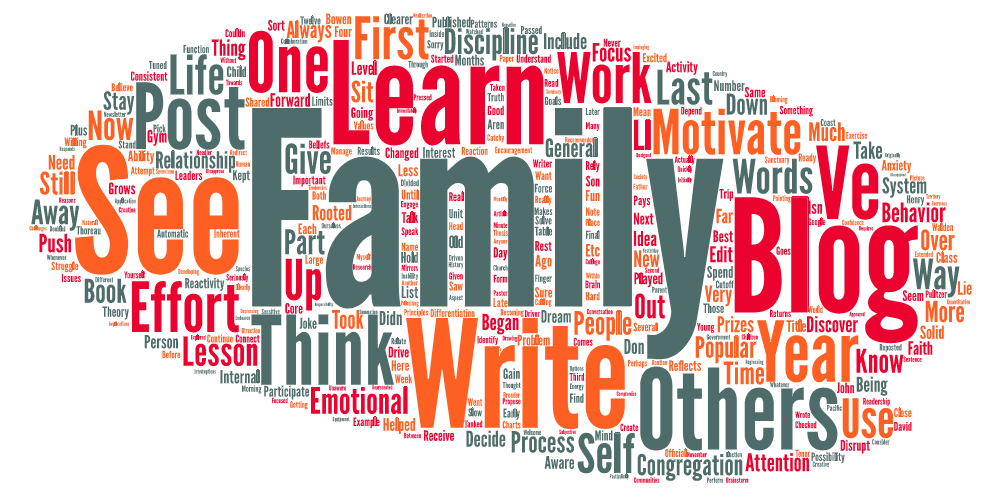I am taking a break from writing this blog. I’m about to begin a four-month renewal leave from my congregation. During this time, I hope to redirect my energy towards things that are renewing and important to me. I’m grateful for this platform. It has provided me space to imagine the applications of Bowen’s concept of differentiation of self. I’m glad others have found it useful. There is more than enough material here for ongoing thinking and reflection: thirty-four months’ worth of 117 blogs!
It is fitting to conclude this initial stretch of writing with a reflection on the ideal congregation. I’m not suggesting that there is an ideal utopia of congregational life. There is not. Congregations like families are imperfect. But they can thrive by being adaptive. A recent visitor to my congregation, who had visited several other churches, stated, “I’ve decided to stay here at this church because I think this is about as good as it is going to get.” Imagine this as a congregation’s tag line: NAME OF CONGREGATION: As Good as It’s Going to Get!
There is a lot of talk about congregational decline and what to do about it. Congregational development and redevelopment programs highlight small group ministries as a key to congregational vitality. Seeing the congregation through the lens of Bowen Family Systems Theory has helped me understand how, far from group activities, it is the individual effort, expressed through differentiation of self, that can lead to a better functioning community.
Here are some examples, although very brief, that reflect my thinking:
- Individuals work to clarify their beliefs.
- Individuals relate to others based on what is important to self (core principles, values and beliefs).
- Conversations with others are focused on self-discovery and what is important to self while at the same time being curious and interested in what others are discovering and working on.
- Individuals work to clarify when and how they will volunteer and serve in the congregation and in the community while also being clear about when and how they will not.
Congregational decline is reflective in the waning number of members, worship attendees and the inability of leaders to recruit motivated volunteers. Regardless of the style of leadership, the challenges tend to be the same. In declining congregations it is difficult to find motivated individuals who prioritize their effort to clarify core beliefs, values and principles. Most people are simply not motivated to work on it. Beliefs are understood as a private matter with little or no interaction with the thinking of others. If beliefs are discussed with others, each may posture as if they are certain about their beliefs. However, it is rare to find individuals who talk about their uncertainty or discuss what they are learning about their beliefs. It is often the “feel-good” nature of the relationship system in the congregation that motivates people to attend even when the congregation is in decline.
So, what are some key ingredients of a thriving congregation? These ideas represent some of my thinking about it.
- Faith leaders meet annually with each person in the congregation to discuss the individual’s plan for formation and development. What are individuals motivated to work on and what steps do they plan to take?
- Small groups become places for individuals to work on clarifying beliefs, core principles and values without being pressured to conform to one way of thinking. It is not a place to debate if someone’s beliefs, core principles or values are right or wrong. The focus of the small group is on developing individual clarification based on one’s best thinking.
The faith community may be the only institution that encourages individuals to be clear about beliefs. Educational institutions come close with a focus on critical thinking and learning facts. However, like religious or any other institution, they can become stuck in their institutional challenges. There is a difference, however, between education and religious institutions. The ability to articulate a belief includes the inherent challenge of holding a belief while being in relationship to other important people. Anyone can be a critical thinker and remain cutoff from important others. Within the norms of many faith communities are beliefs about maintaining relationships with important others even when we disagree. How does one identify and make good use of beliefs (whatever they may be) when the going gets tough in the family or any relationship system? Faith communities can do a better job of helping individuals answer this important question.









 RSS Feed
RSS Feed